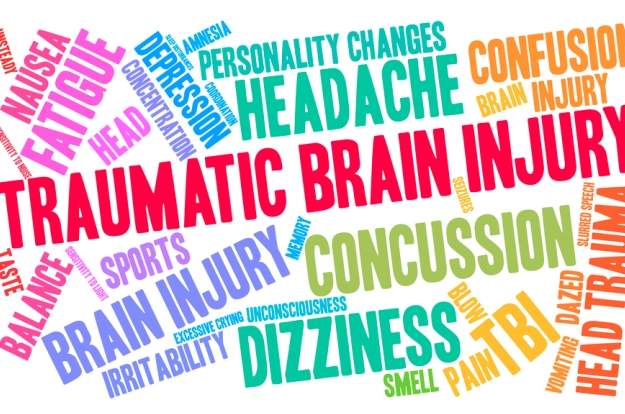Traumatic brain Injury (TBI)
Apr 19, 2022
Signs of Traumatic Brain Injury
Since our brain has the control of all we do, TBI may lead to several problems. A lot depends on how worse the injury is & where in the brain it is located. Some of the problems can include the below:

Physical problems– The patient may pass out, have, headaches, seizures, dizziness & vomiting. We may be unable to move some parts of our body and may lose our balance & have problems controlling our arms & legs.
Sensory problems– The patient may be less or more sensitive to sounds, lights & touch.
Behavioral changes- The patient can be more emotional, anxious or angry. They may have mood swings or feel depressed. Events which did not bother the patient earlier may upset them after having TBI
Problems with thinking skills– The patient can have problems with memory, attention problem solving. Higher degree skills such as planning, goals setting & being aware of how they behave can be a problem as well. Learning new information and skills may be tough. However, the patient may probably still recollect most events before the injury.
Language and speech problems– Our speech can be tough to understand post the injury. This could be because of weak muscles, known as dysarthria. Or we may have trouble controlling our muscles, known as apraxia. We may not comprehend what others say to us or what we read. We may also find it tough to use words to communicate with others. Writing or spelling may also be a big problem.
Social communication problems– You may be unable to comprehend jokes or any nonverbal cues. I.e. You may not get what someone means while they nod their shoulders. You may interrupt other or have a bad timing by saying wrong things at wrong time.
Problems in swallowing, known as dysphagia- Patients may have problems in chewing or may even cough & choke while they eat.
If you have any of the above problems do not hesitate to visit your doctor.








